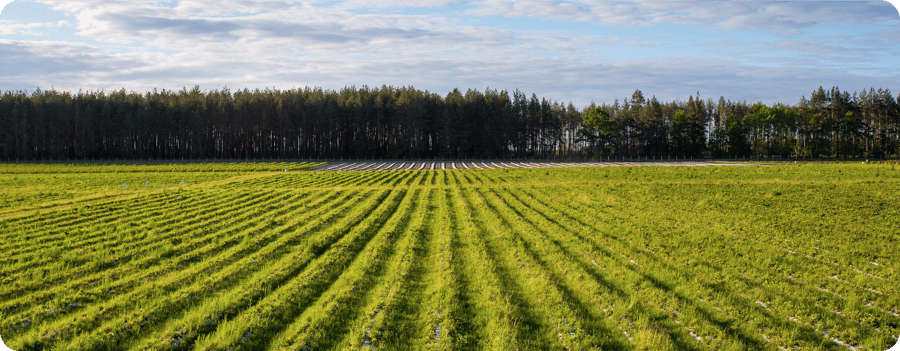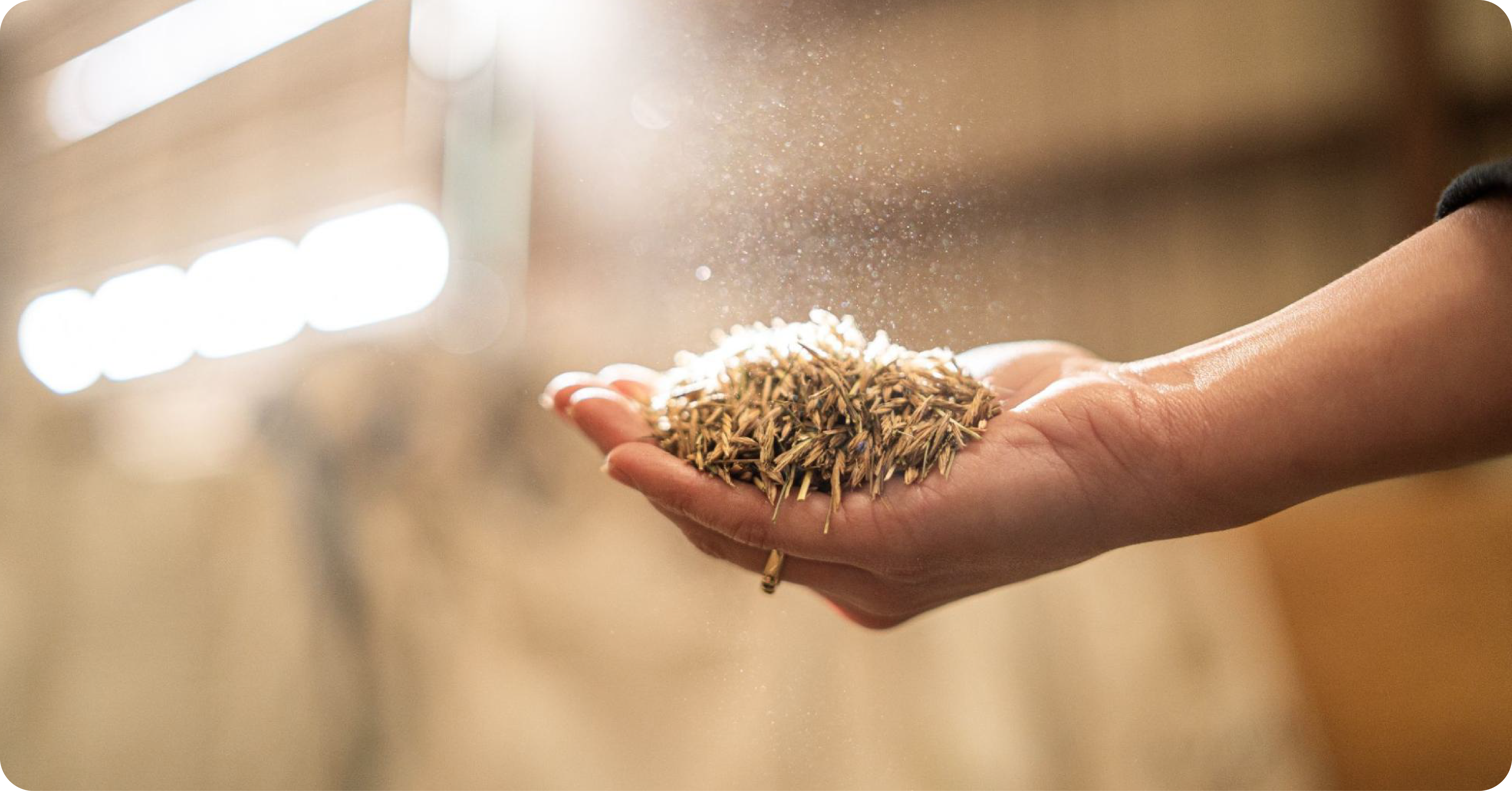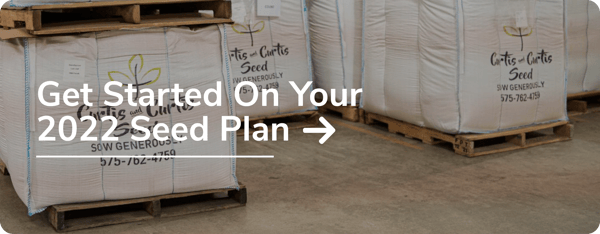With 2021 coming to an end, farmers and ranchers are preparing for the upcoming year and making predictions for trends and growth for 2022 agriculture.
What farmers can expect in 2022
Much of this past year was spent recovering from the effects of the pandemic, and the United States Department of Agriculture predicts that economic conditions are looking favorable for the upcoming year. According to the USDA, we can expect to see the cost of many popular crops, including corn and wheat, decline as production catches up with demand. Annual inflation rates are projected to decrease, and unemployment rates are on track to return to where they were before the pandemic.
One factor that could potentially affect agriculture in 2022 is the recent increase in fertilizer prices. Farmers may respond by reducing application rates, which could result in lower yields, or substituting crops.
Start planning for a successful year
Many of the predictions for 2022 may seem out of our control as the economy repairs itself. However, farmers and growers still have control over their farming practices and their crops' impact on the world around us. Below are a few ways farmers can focus on soil health, increasing yields, and reducing carbon emissions in the upcoming year.

Plant cover crops
Cover crops are a great way to improve your soil's health and restore nutrients between growing seasons to increase yield productions in upcoming crops. These low-maintenance crops protect against weeds, erosion, and harsh weather conditions.
Grow more native grasses
Native grasses thrive under your region's soil, weather conditions, wildlife, and rainfall. These grasses are more tolerant of weather and drought and protect against erosion. Farmers and ranchers plant native grasses because they are long-lasting and require less fertilizers and maintenance than introduced grasses.
Reduce carbon footprint
Major agricultural activities such as tilling and fertilization cause carbon emissions that are harmful to our atmosphere. Cutting back on these harmful ag practices and planting native grasses or cover crops that improve soil health are just a few of the ways you can reduce your carbon footprint. To learn more about carbon sequestration and soil health, read this blog.
Make 2022 a great year with Curtis and Curtis!
Ready to start planning your 2022 seed plan? Our team has over 65 years of experience supporting our customers in agriculture to achieve their goals and improve the land around them. We harvest and process the highest quality seed products on the market and offer one-on-one consultations to help you find native grass, cover crops, or other seed blends that are suitable for your farm, pasture, or ranch.


